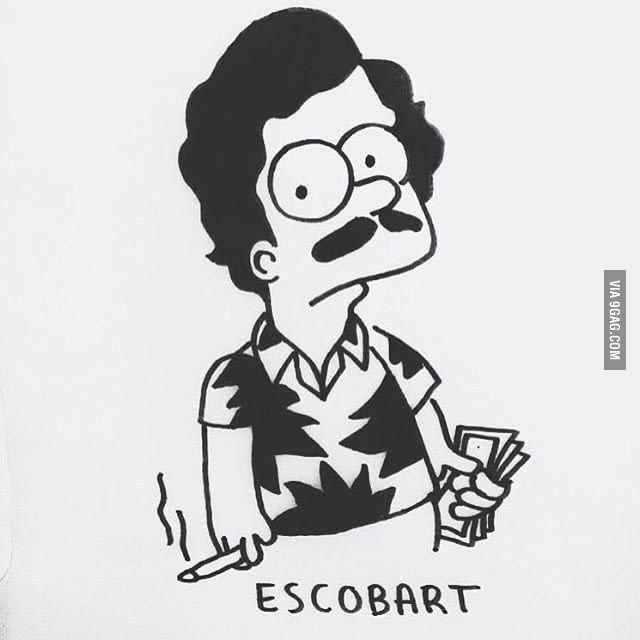Researchers at Virginia Tech have found a way to upcycle plastic into soap. Around 120 grams to 130 grams of plastic can make 100 grams of soap.
It’s great that they’re looking into breaking down plastic, but wouldn’t turning it into soap only accelerate our rising microplastic situation?
No, because it’s not plastic anymore.
Now it’s soap!
Microsoap
So alchemy, then.
No, just chemistry
We’re from the law offices of Rick and Morty, if you or a loved one used microplastic soap and developed Slorptheleoman cancer, call us!
I want to know the energy used to create soap from this as opposed to our current method. Also it sounds like the broken down plastic might be utilized for other organic compounds. It would be great if they could break it down to a small chain of just two carbons, six hydrogens, and an oxygen.
They probably could but you wouldn’t want to drink it though!
don’t tell me what I won’t drink :)
Why would anybody want that? We already have a problem with microplastics getting into our system. How is turning plastic into soap going to make that better?
@NocturnalMorning @number6 Well, chemistry being what it is, if you turn it into soap it’s not a plastic anymore, it’s a soap.
Neither a plastic nor a soap are strictly defined categories, but still,
I find it hard to believe there are zero plastics left after the process. I’d like to see the paper on the process. Always appreciate condescending comments though. So, thanks for that.
Well they literally say there’s none left. Their comment wasn’t condescending. You kind of just asked a dumb question.
Not a dumb question at all. It’s completely reasonable to want to know if there will be microplastics left over in the process.
@NocturnalMorning I mean, a lot of people have genuinely no idea what a plastic or a soap is, but they’re both hard to define and explain in 500 characters, so I’m forced into “they’re different and chemistry fundamentally changes things.”
Given the general soap vs plastic chemical property list, it should be fairly easy to do a clean-up once you’ve got your polar component onto your soap. Some kind of oil-water extraction should work great. It all depends heavily on specifics, of course.
Because it gives economic value to plastics, helping to pull them out of the waste stream.
Its a bandaid no different than using plastics in roads or for backfill. The plastic needs to chemically change into something that is processable by nature without fucking everything up
Changing it into soap does change it chemically. It becomes just like the soap you use every day.
Nature, bacteria, has already evolved to process plastic
Edit. Literally a few posts down on my feed
On a scale far below anything that we can reasonably count on anytime soon and only under certain conditions. It won’t be the miracle solution to the mountains of plastic we’ve produced over the last century
Scale changes everything
Read to the end of the article.
I read the article. I’m not sure I believe that plastics are gone.
It’s worth remembering that plastic doesn’t start out as plastic - they start out has hydrocarbons which are linked together to form long chain molecules we know as “plastic”. This, if the article is correct, implies that the polyethylene they are working with is broken down from the molecular chains into the C2H4 basic ethylene, or into short chains which can be stabilized into a surfactant which naturally decomposes into plain ethylene and might be used for the normal industrial synthesis of ethylene based compounds (like detergents and antifreeze, among others). The plastic, as a macro(/micro/nano) particle, would be gone and replaced with the target chemical (again, if the process is as they describe and complete). Whether the resulting surfactant is degradable is not addressed. Again, it’s hydrogen and carbon…there’s a lot of ways that can go - good and bad.
My chemistry is nowhere near good enough to evaluate the claim. And scientists do get it wrong but I think he’d likely know. And it makes sense. They’re not using it to make an abrasive soap, they’re using it to make a surfactant. Which is liquid, not solid AFAIK.
That’s not to say the product won’t still be problematic, but possibly no more problematic than existing surfactants used to make soap.
I don’t know, and I think your general concern about releasing things that were once plastics into the water supply is reasonable. But the plastic is going to end up polluting the earth in one way or another, in one form or another. At least they’re using up the old stuff not generating any new.
Also tried to read the paper itself and it’s locked behind a pay wall. Go figure.










